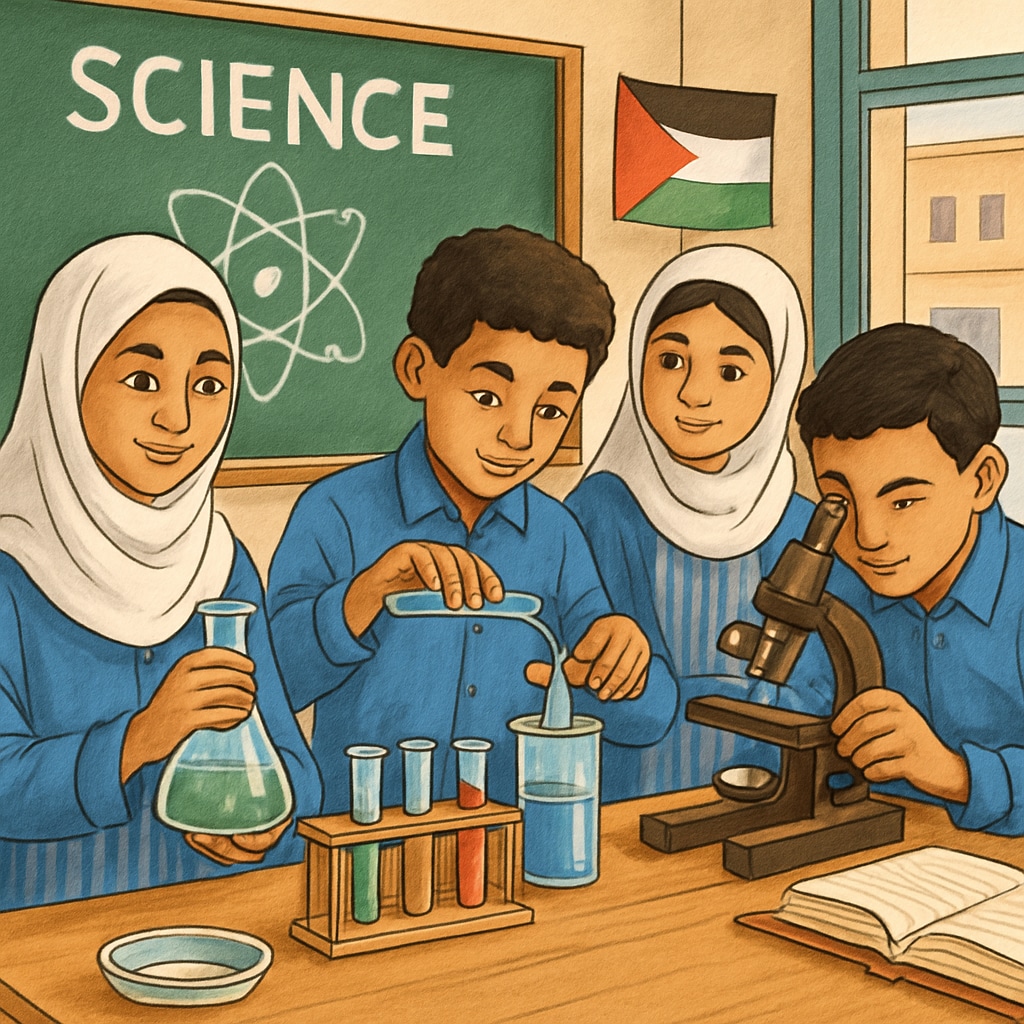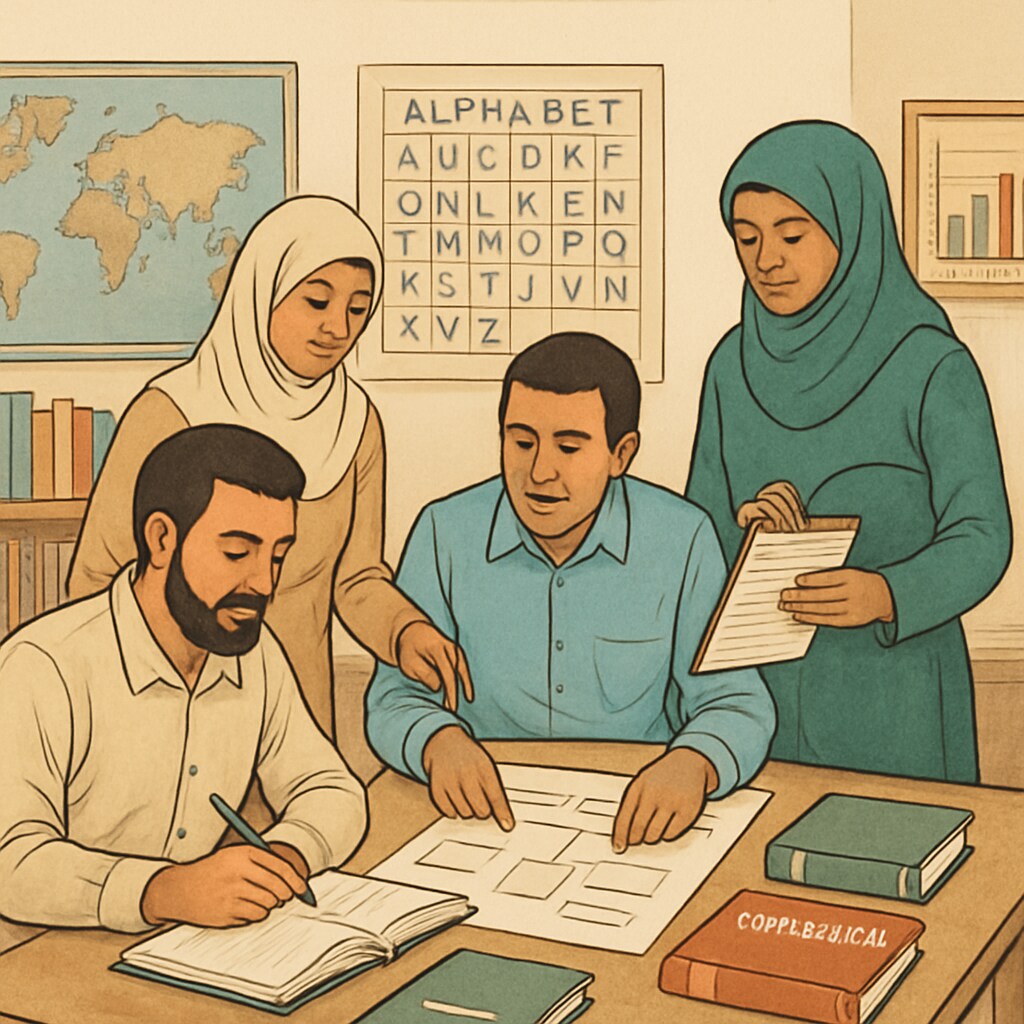In the aftermath of conflict, developing a robust and inclusive educational framework for Gaza schools is critical to rebuilding the region’s future. The creation of science and social studies curricula plays a pivotal role in this effort, as it lays the foundation for knowledge acquisition, critical thinking, and community development. By balancing local cultural values with international education standards, educators can design teaching syllabi that foster peace, equity, and progress.
Understanding the Need for Science and Social Studies Curricula
Science and social studies are essential for empowering students with knowledge about the physical world and human societies. In Gaza schools, the reconstruction of these curricula is particularly significant given the region’s unique challenges—political instability, limited resources, and the need for cultural preservation.
Key factors to address in curriculum design include:
- Cultural Relevance: Ensuring content reflects Gaza’s heritage and values.
- Global Standards: Aligning with internationally recognized education systems to prepare students for global opportunities.
- Technological Integration: Leveraging digital tools to enhance learning, despite infrastructural limitations.

Challenges in Rebuilding Education in Gaza
Post-conflict regions like Gaza face unique hurdles in educational reconstruction. Infrastructure damage, limited funding, and teacher shortages are common obstacles. Additionally, creating science and social studies curricula that are both locally meaningful and globally applicable requires careful planning.
Educators must consider:
- Political Sensitivity: Avoiding content that could deepen existing divides.
- Resource Scarcity: Designing lessons that require minimal materials while maximizing student engagement.
- Training Teachers: Equipping educators with the skills to deliver curricula effectively.

Principles for Designing Effective Curricula
To create impactful science and social studies syllabi for Gaza schools, certain principles should guide the process:
- Inclusiveness: Incorporating diverse perspectives to ensure all students feel represented.
- Interdisciplinary Approach: Linking scientific concepts with societal contexts to enhance understanding.
- Focus on Critical Thinking: Encouraging students to analyze, question, and innovate.
For example, science lessons can include experiments using locally available materials, while social studies classes can explore historical events alongside current global developments. These strategies enable students to connect theoretical knowledge with real-world applications.
Opportunities for Global Collaboration
Rebuilding Gaza’s educational system is not a task limited to local stakeholders. International organizations, NGOs, and academic institutions can play a crucial role in supporting curriculum development. By providing financial assistance, teacher training programs, and access to educational resources, global partners can help ensure the success of Gaza schools.
For instance, initiatives like UNESCO’s Education for Sustainable Development (UNESCO ESD) offer frameworks that can be adapted to Gaza’s unique needs. Similarly, partnerships with universities can facilitate research and innovation in curriculum design.
As a result, Gaza schools can emerge as centers of excellence, promoting both local development and global engagement.
Readability guidance: This article uses short paragraphs, bullet points, and clear transitions for accessibility. The focus remains on practical solutions and opportunities for collaboration, minimizing political and religious content.


